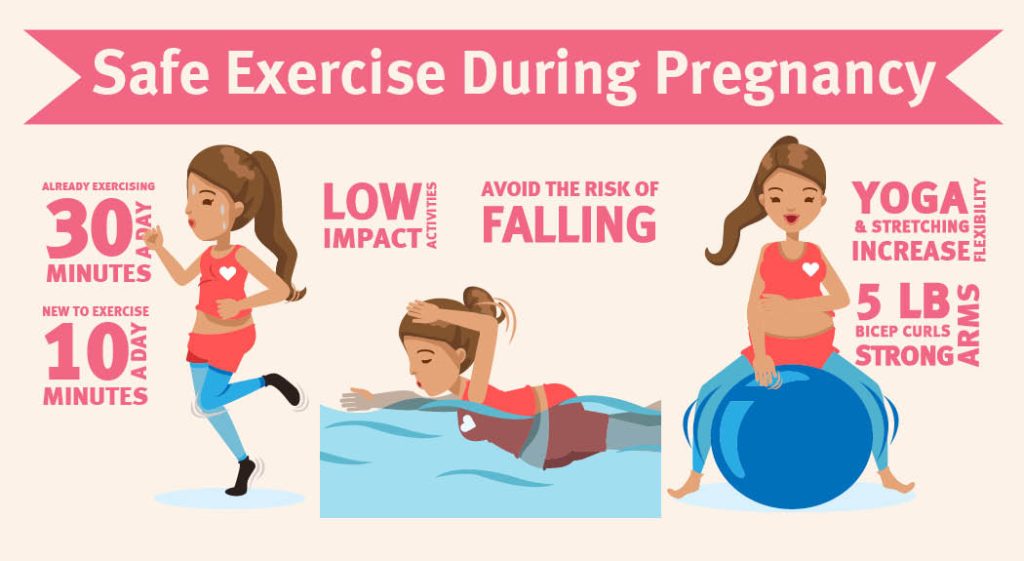Physio Tips for Long-Distance Running
Long distance running can be an incredibly rewarding and challenging experience. Whether you are preparing for a marathon, or a simple fun run, it requires a lot of preparation and dedication. Recovery is also super important, but is often overlooked.
As physiotherapists, we often encounter injuries related to running, injuries that with good preparation, could have been avoided. Whilst we love to see you in the clinic, we don’t want to see you unnecessarily injured and out of action. Preparing for such a challenging event requires a combination of physical and mental strength, whether you’re a seasoned runner, or a beginner. We all know that sometimes the adrenaline of competition can get the better of us, so preparation is key.
To help you along your journey, our therapists have put together a guide to use as your pre-running prep. This guide is useful for beginners and professionals, you just need to adapt it however it works for you! P.S., there’s a bonus running warm up at the end…
1. Build a solid foundation: Start with building a strong foundation by gradually increasing your mileage. Start with short distance runs and gradually increase the distance over time. Ensure that you give your body enough time to recover and adjust to the increased demands. Set yourself long-term goals and remember that you won’t reach them in a day – we recommend breaking down your long-term goal into several short-term goals. This could be an extra 500m in distance, or a few seconds faster per km. You can slowly build your progress and celebrate the small wins along the way! This applies for beginners and seasoned runners – pace yourself, beat your PB’s, but don’t overdo it. If you do too much too fast, not only will you not be creating a solid foundation, but you’ll potentially be taking the fun out of it too.
2. Focus on strength training: You may be thinking, why do I need to lift weights if running is cardio? Whilst running is a cardio-based activity, long distance running requires a lot of muscular strength and endurance. Incorporating strength training exercises that target your lower body, core, and upper body muscles will help push yourself past your limits and reach those goals. A good strength program will incorporate compound exercises, including but not limited to squats, deadlifts, lunges, push ups, overhead press and bench press. Building your strength helps reduce the risk of injury by building the necessary strength and endurance and supporting the correct running form. If you’d like to build your strength but don’t know where to start, one of physiotherapists can absolutely help here. If you want reassurance that you’re doing the right thing, we can do that too.
3. Improve your flexibility: Flexibility is important for preventing injuries and improving your running performance. Strength training can help with your flexibility, but it’s important to focus on practicing flexibility outside of challenging physical activity. This can be a chill, easy activity at home or in fact anywhere! We recommend incorporating dynamic stretching exercises, such as walking lunges and leg swings into your warm-up routine – they get you warm whilst getting the muscles moving and lengthening. It is also important to cool-down after a long run. Static stretching, such as holding a stretch for 30 seconds, can be done after your run and anytime you have a spare 5 minutes.
4. Pay attention to your footwear: Your running shoes play a crucial role in preventing injuries and improving your performance. Everyone is different, so it is important to really look into the shoes, and try them on, to make sure they’re right for you. Perhaps you need a little bit more arch support than the average shoe, or more ankle support perhaps. Ensuring that you wear comfortable and well-fitted shoes that provide adequate support and cushioning can help increase your performance and decrease your risk of injury. If you’re not sure what type of running shoes are right for you, we have a podiatrist at our Mile End clinic that could provide some helpful advice here.
5. Fuel your body: Proper nutrition is important for long distance running. We all hear about carb-loading the night before big physical efforts. However, there is a little bit more too it than that. Your usual Friday night pasta go-go order needs a little bit of help. You need to ensure that you consume a balanced diet that includes carbohydrates, protein, and healthy fats. Not only that, but a long-distance run requires and steals a lot of energy from the body. You need to make sure that you are eating enough food! A couple salads and a protein smoothie a day just won’t cut it. Food is fuel! If you’re needing the fuel but are tracking your calories, focus on your protein and volume eating (big portions, low calorie). It is also really important to prioritise hydration. Drink plenty of water and electrolyte-rich drinks in the lead up and during the run (but ideally, always).
6. Get enough rest: Rest and recovery are just as important as training. Ensure that you get enough sleep and have enough rest days to allow your body to recover and repair itself. Your body does it’s best building when you’re recovering, without it, you won’t be making much progress. If you aren’t feeling up to a big run one day, remember that it’s okay to take it slow and have a rest day. If you’re struggling to prioritise rest, build it into your weekly schedule. For example, make sure that a Wednesday and Sunday are a rest day. Then you can be back at full volume every other day!
7. Listen to your body: Your body will give you signals when you need to rest or take a break. If your body is begging for a break, listen to it. Pay attention to these signals and adjust your training program accordingly. You won’t lose your progress in a day, or even a week. Just because you think you can, doesn’t mean you should! Don’t push yourself too hard and risk an injury. The days where you should be recovering are the perfect day for an injury to occur. We don’t want that to happen.
Preparing for a long distance run can be daunting and complex without guidance. By following these tips, you can ensure that you are well-prepared for the challenge ahead. For some BONUS content, see our recommended running warm up below! As always, consult with a physiotherapist or other healthcare professional before starting a new exercise program. Good luck with your training, celebrate the small wins and enjoy the run! It’s you versus you.
If you’re having trouble making progress, achieving your running goals, building your strength and flexibility, or anything else above, our physiotherapists are here to help. Experienced in musculoskeletal and sports therapy, we can help reach your goals and beyond! We can also help resolve any niggles, aches, pains and running-related injuries. We will be with you every step of your run.
















